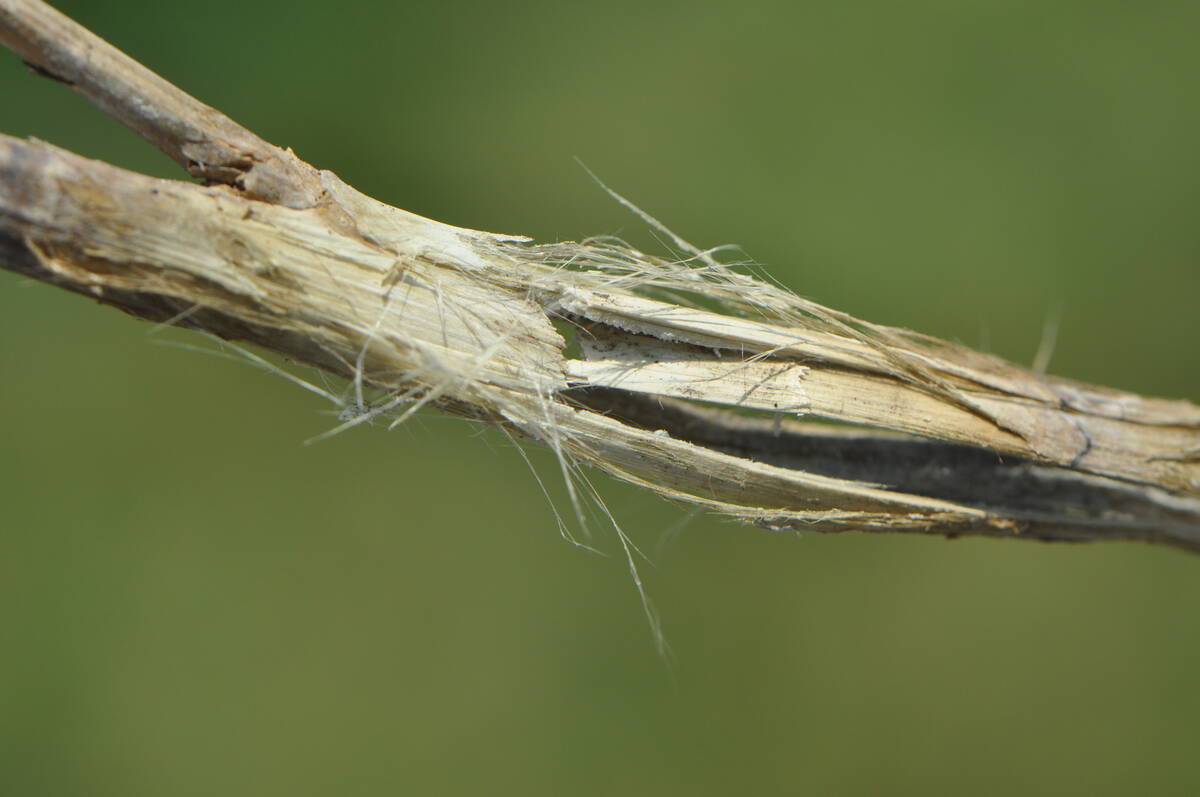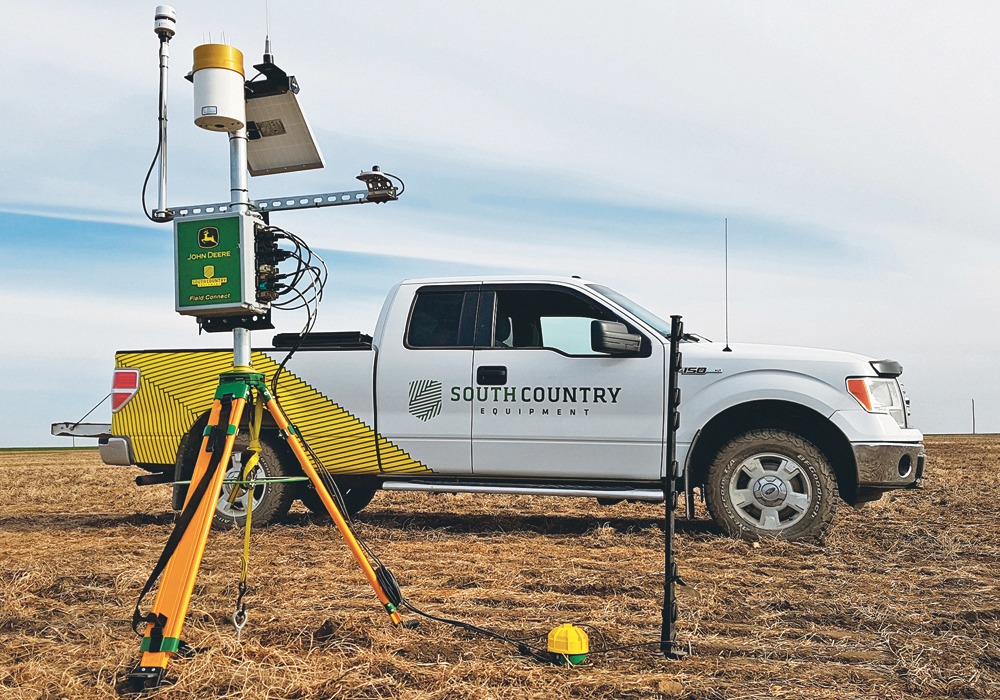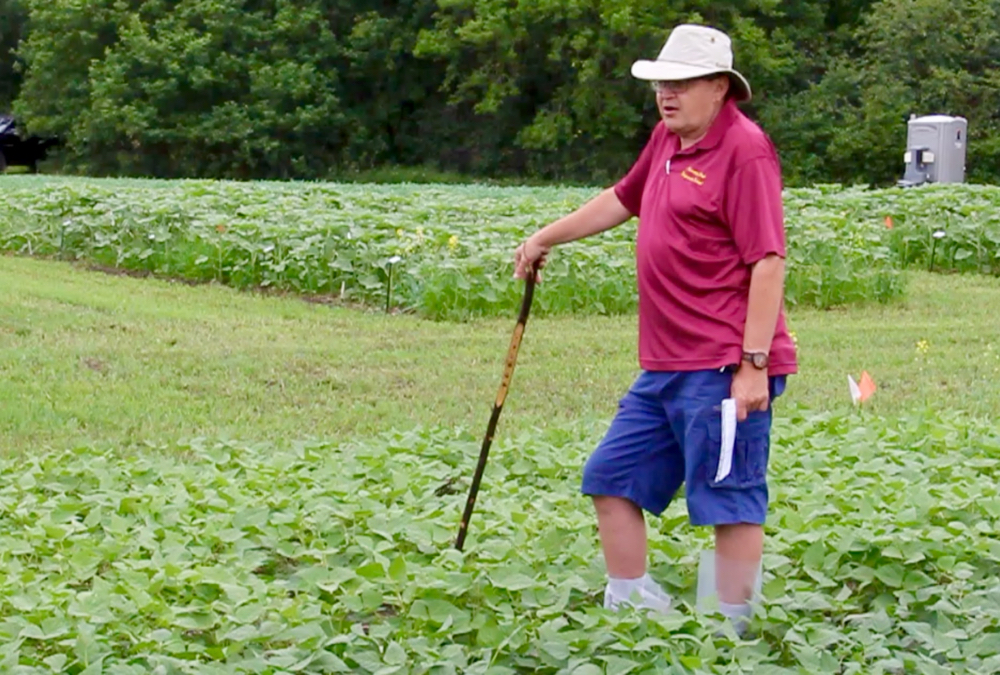DuPont has asked U. S. regulators to rein in practices by seed industry leader Monsanto Co., claiming its rival is hindering competition and limiting innovation needed to feed a growing world population.
DuPont, which owns Pioneer Hi-Bred International, said Jan. 8 Monsanto is unfairly using monopoly powers to drive up prices and stymie competition.
“Monsanto has engaged in numerous practices that improperly seek to expand the scope of intellectual property rights at the expense of competition, innovation, and choice,” DuPont said in a report.
Read Also

Manitoba sclerotinia picture mixed for 2025
Variations in weather and crop development in this year’s Manitoba canola fields make blanket sclerotinia outlooks hard to pin down
The company submitted its 18-page report of allegations to the U. S. departments of Justice and Agriculture in advance of a public hearing on competition and antitrust concerns in the seed industry slated for March.
Monsanto officials declined to comment, but the St. Louisbased company filed its own comments with regulators last month, arguing that such allegations are unjustified.
Monsanto, which commercialized the world’s first biotech crop in 1996, said there is ample competition, with a broad array of seed product choices and prices across all crops.
DuPont is Monsanto’s chief rival in the highly profitable U. S. biotech seed arena, and the two are currently suing each other over a soured licensing deal.
DuPont’s report said Monsanto has a monopoly in soybean and corn traits – genetics that help crops fight off pests and withstand weed-killing treatments. It said Monsanto coerces seed dealers, farmers and others into arrangements that perpetuate a reliance on high-priced Monsanto products.
DuPont estimates that Monsanto, through its branded products and licensing, has 98 per cent of the U. S. soybean market, 79 per cent of the corn market and 60 per cent of the corn and soy germplasm licensed in the United States.
“The ag biotech trait market is firmly in the grip of a single supplier, acting as a bottleneck to competition and choice… it also threatens the global goals for agriculture in the 21st century doubling the world’s food supply by 2050,” the DuPont report said.
Monsanto’s report, filed last month with USDA and the Justice Department, denied anti-competitive conduct.
“We’re confident an objective review will reveal competition is alive and flourishing in the seed market,” Monsanto said.
Monsanto pegs market share for its branded corn seed at about 36 per cent; branded soy seed at 29 per cent share; and cotton at 41 per cent in the United States.
Monsanto said in its comments to regulators that last year there were 4,381 corn hybrids, including both biotech and non-biotech hybrids, and 2,126 varieties of soybean seed available to U. S. farmers.
“No single company has a dominant share of seed sales in corn, soybean or cotton,” Monsanto said.
The U. S. Justice and Agriculture departments will be holding five hearings later this year to discuss fair play and concentration in agricultural marketing.
Caleb Weaver, USDA’s press secretary, did not directly address the DuPont and Monsanto case but said about 15,000 public comments will be reviewed to “ensure that the upcoming workshops with DOJ adequately address the important competition issues affecting the agriculture industry.”


















